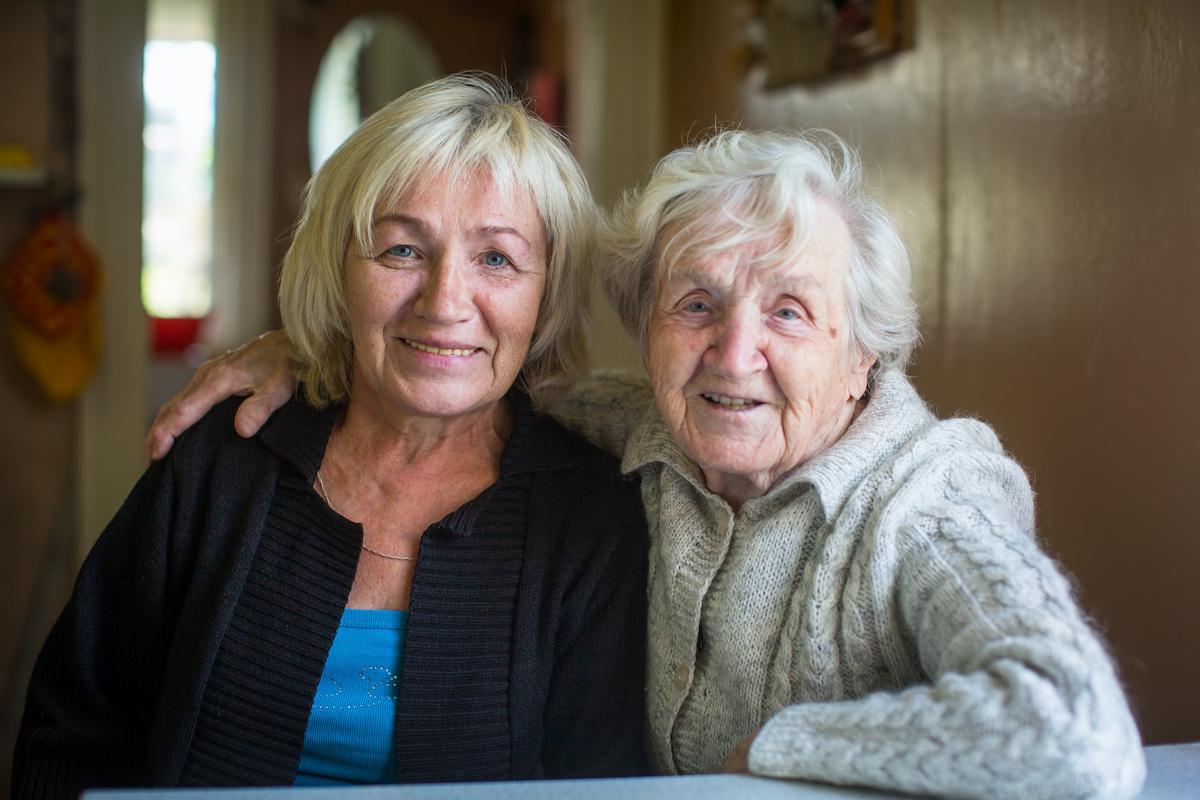
Communicating effectively with the elderly requires that you make an effort to understand their language and needs. You can use certain techniques to accomplish this. You can learn to avoid elderspeak and jargon, as well as how to listen to your elder. These tips will allow you to have a more productive conversation with your senior loved one.
Avoiding medical jargon
It is important to avoid using medical jargon when speaking with elderly patients. Older patients typically have a more difficult time understanding medical terms and may not be as familiar with medical jargon as younger patients. Use medical terms that are not familiar to the patient as much as possible and explain the condition, treatment plan and any associated risks in a clear and concise manner. To explain the information to the patient, it is helpful to use visual aids.
Health literacy may be limited in older adults, making it difficult to understand medical terminology. Research has shown that more than 70% of older adults have difficulty understanding printed material. To help overcome these barriers, use plain language or a clear explanation of medical terms, such as "medical terms." Writing down key points can also help improve comprehension.

Avoid speaking to elders
Effective communication requires that you avoid elderspeak when speaking with seniors. Research has shown that elders who speak in elderspeak have more difficult behaviors, such as frustration, calling out and calling in. These behaviors can damage an elder's self-esteem and cause depression. Elders who use elderspeak are also less likely to follow the instructions of their healthcare providers.
Keep in mind that older people can be slower at processing information and may need to receive repeated information. Be respectful and avoid making assumptions about older people's cognitive abilities or using patronizing terminology. Instead, use clear enunciation and make sure that you make eye contact. If elderspeak is required, keep in mind that it does not solve problems.
Elderspeak is not only harmful to the elderly but also includes judgments and is often based upon stereotypes. If an older person is called a "young guy" or a "young gal", it can be interpreted as implying that they are incapable or childish. The elderly can also be called "cute" or "adorable" to indicate that they are doing things that are more appropriate for younger persons. While it may sound like an innocent mistake, older adults can be offended by such comments.
Listening to your elder
It is important to pay attention when speaking with elderly people. You can influence their mood by the tone you use when speaking to them. Try to keep your voice positive and soothing, so your elder can remain calm. It is important to take frequent breaks.

Older adults may not be aware of their hearing difficulties, so speak gently and enunciate clearly. Do not talk too fast or mumble. Try to focus on one idea at the time, and avoid repeating too many things at once. Try to understand what your elder is saying and rephrase the conversation using other words.
It is important for caregivers to pay attention to what elders are saying. The truth might be very different from what you hear. Seniors may not remember what they said a few weeks ago, but it's crucial to listen carefully to understand what they're saying.